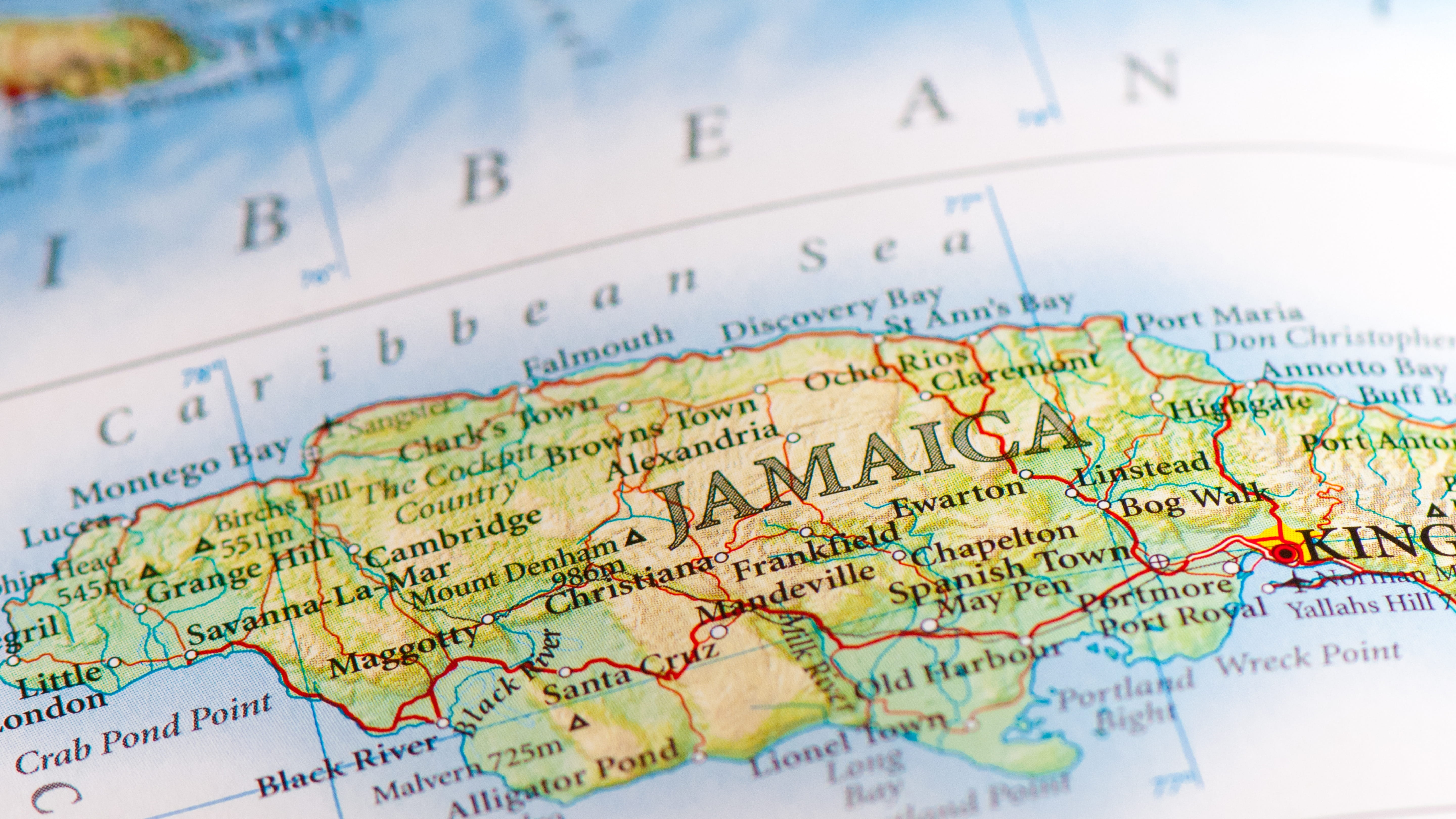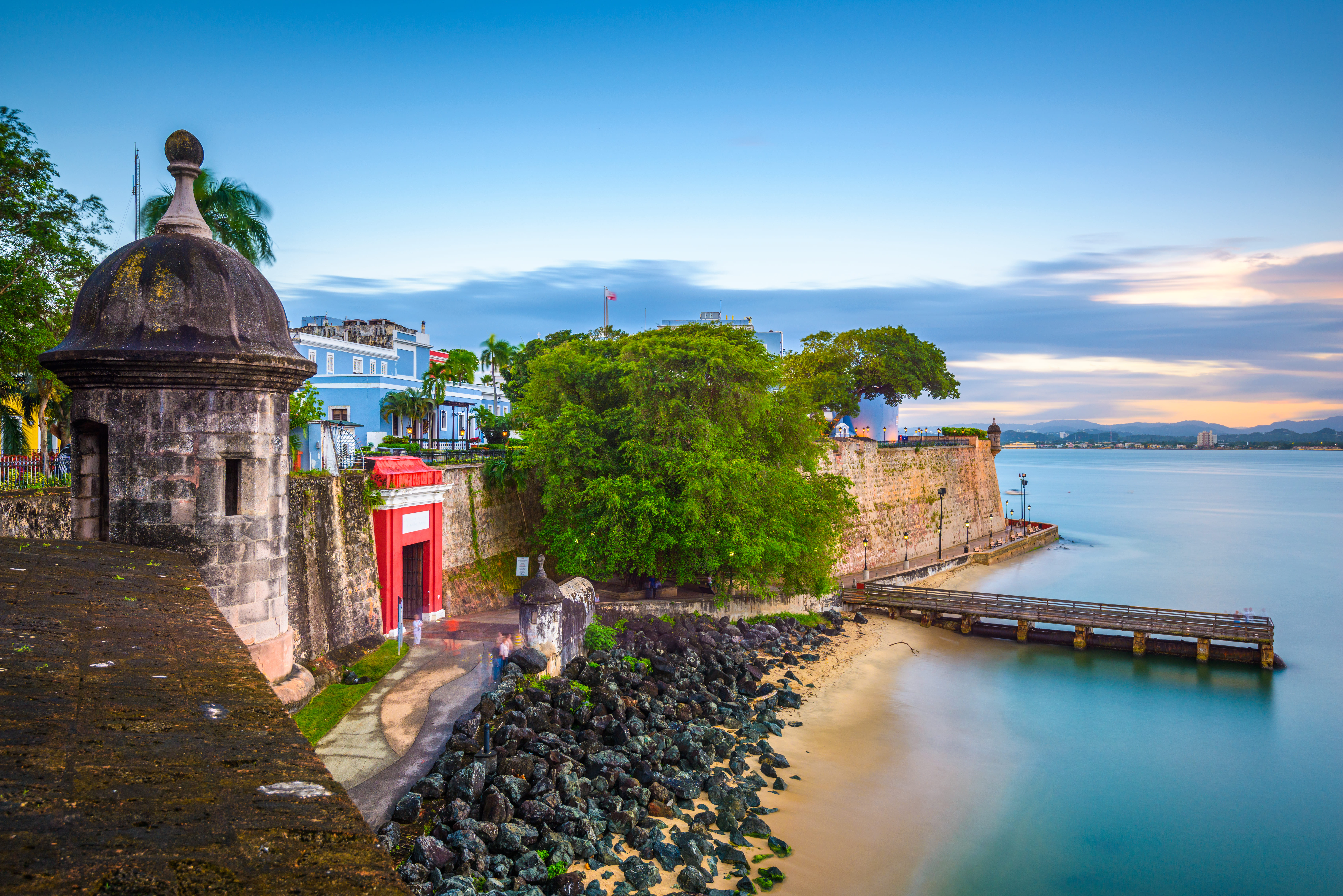Best Time to Visit Turkey: Seasonal and Month-by-Month Guide
August 26th 2024
When is the best time to visit Turkey? There is no bad time to visit this beautiful country; it depends on your preferences—whether you're drawn to sun-soaked beaches, vibrant festivals, or snowy mountains. This guide takes you through Turkey’s seasons, helping you choose the perfect time for your adventure.
Best Time to Visit Turkey: Month-by-Month Breakdown
Image Source: Audley Travel
January to March
During the winter months of January to March, Turkey experiences cold weather, especially in the interior regions. Snow is common in areas like Cappadocia, making it an excellent time for winter sports enthusiasts. In cities such as Istanbul, temperatures range between 3°C and 10°C, while mountainous areas can drop below freezing.
This period is ideal for those looking to experience Turkey without the crowds, as tourist spots are less busy. The winter landscape, particularly the snow-covered scenery in Cappadocia, offers a unique and serene backdrop for photography. However, tourists should be prepared for shorter daylight hours and some hotel closures in more remote areas.
April to May
Springtime in Turkey, from April to May, brings warm and pleasant weather, with temperatures ranging from 10°C to 25°C. This is one of the best times to visit, as the country comes alive with blooming flowers and vibrant greenery. Istanbul's parks and gardens are in full bloom, making it a perfect time for sightseeing. Cultural events, such as the International Istanbul Film Festival in April, offer rich experiences for visitors.
The weather is ideal for outdoor activities, whether you're exploring the ancient ruins of Ephesus or enjoying a sunset hot air balloon ride over Cappadocia. The mild climate also makes it comfortable to travel across the country, from the Mediterranean coast to the bustling markets of Istanbul.
June to August
Summer in Turkey, from June to August, is characterized by hot and dry weather, especially in coastal areas and the interior regions. Temperatures in cities like Antalya and Izmir can soar to 40°C, while Istanbul typically sees temperatures around 30°C to 35°C.
This is the peak tourist season, attracting visitors to Turkey's stunning beaches and resort towns. The Mediterranean and Aegean coasts are bustling with activity, offering excellent opportunities for water sports, beach vacations, and boat tours. Cultural festivals, such as the Istanbul Jazz Festival and Bodrum International Ballet Festival, add to the summer excitement. However, the high temperatures can be overwhelming for some, so it's essential to stay hydrated and take breaks in shaded areas.
September to October
As autumn sets in, the weather in Turkey from September to October becomes more comfortable, with temperatures ranging from 12°C to 29°C. The heat of summer subsides, making it an ideal time to explore Turkey's rich history and cultural heritage.
This period is perfect for visiting historical sites like Troy, Pamukkale, and the ancient city of Ephesus, where you can enjoy the landmarks without the summer crowds. The autumn foliage adds a beautiful touch to the scenery, particularly in regions like Cappadocia. Festivals continue to thrive during these months, with events such as the Cappadocia International Wine Festival. The pleasant weather also makes it a great time for hiking and outdoor activities.
November to December
The late autumn and early winter months of November to December bring cooler temperatures and a mix of rain and snow across Turkey. Coastal areas like Istanbul experience temperatures between 8°C and 15°C, with occasional rainfall, while the interior and eastern regions see colder weather and snow, particularly in Cappadocia.
This season is excellent for cultural immersion, as the tourist crowds thin out, providing a more intimate experience of Turkey's rich traditions and history. The festive season brings unique local celebrations, especially in larger cities like Istanbul and Ankara. Winter sports enthusiasts will find the snowy landscapes of Cappadocia and Uludağ Mountain perfect for skiing and snowboarding.
Best Time to Visit Turkey: Seasonal Breakdown
Spring (March to May): Blossoming Beauty and Mild Weather
Spring is one of the best times to visit Turkey, with temperatures ranging from 10°C to 25°C (50°F to 77°F). The weather is mild, and the landscapes are bursting with life. The warm yet comfortable temperatures make it an ideal time for outdoor activities and sightseeing.
Why is Spring Perfect for Visiting Historic Sites?
- Warm weather without the scorching heat of summer.
- Blooming flowers and lush greenery in parks and gardens.
- Ideal for exploring sites like Ephesus, Aphrodisias, and Cappadocia.
Events and Festivals in Spring
- International Istanbul Film Festival in April.
- The Tulip Festival in Istanbul, celebrates the city’s iconic flower.
Summer (June to August): Sun, Sand, and Cultural Celebrations
Summer in Turkey is peak tourist season, with temperatures soaring between 24°C and 48°C (75°F to 118°F). The coastal regions, especially along the Mediterranean and Aegean Seas, are popular destinations for beach lovers.
Why is Summer Great for Coastal Getaways?
- Hot, dry weather is ideal for beach vacations.
- Crystal-clear water is perfect for swimming and water sports.
- Lively atmosphere in coastal towns like Bodrum, Antalya, and Izmir.
Events and Festivals in Summer
- Istanbul Jazz Festival in July.
- Antalya International Film Festival in June.
- Bodrum International Ballet Festival in August.
Considerations for Summer Travellers
- Higher prices and larger crowds.
- Increased traffic, especially on popular routes.
Autumn (September to November): Golden Landscapes and Pleasant Weather
Autumn is a beautiful time to visit Turkey, with temperatures ranging from 12°C to 29°C (54°F to 84°F). The weather is still warm, but the intense summer heat has subsided, making it perfect for both beach activities and cultural exploration.
Why Autumn is Ideal for Exploration?
- Comfortable weather for visiting landmarks and historical sites.
- Vibrant autumn colours, especially in regions like Cappadocia and the Black Sea coast.
- Less crowded than in the summer, offering a more relaxed experience.
Events and Festivals in Autumn
- Cappadocia’s Hot Air Balloon Festival in September.
- Republic Day celebrations on October 29th, with parades and events across the country.
Winter (December to February): Snowy Adventures and Cultural Immersion
Winter in Turkey brings cold weather, with temperatures ranging from 3°C to 16°C (37°F to 61°F). While coastal areas like Istanbul and Izmir experience milder winters, the interior regions, including Cappadocia, are often blanketed in snow.
Why Winter is Perfect for Off-Season Travel?
- Fewer tourists, offering a quieter, more intimate experience.
- Snow-covered landscapes in Cappadocia create a magical atmosphere.
- Excellent for winter sports enthusiasts, with skiing available in places like Uludağ and Palandöken.
Events and Festivals in Winter
- New Year’s Eve celebrations across major cities.
- International Antalya Piano Festival in December.
Considerations for Winter Travellers
- Some attractions and businesses may have reduced hours.
- Cold temperatures require warm clothing, especially in mountainous areas.
Factors Influencing the Cost of Travelling in Turkey
Seasonal Variations
The time of year you choose to visit Turkey significantly impacts the overall cost of your trip. During peak tourist seasons—namely summer (June to August) and spring (April to May)—prices for flights, accommodations, and car rentals in Turkey typically surge. For instance, a hotel in Istanbul might charge around $100 per night in July, reflecting the influx of tourists eager to enjoy the city’s vibrant atmosphere and warm weather.
However, if you visit during the off-season in January, the same hotel could drop its rates to around $60 per night. This variation allows budget-conscious travelers to save significantly by planning their turkeyy trips during the quieter months. Similarly, airfare to Turkey can be much higher during these peak periods, sometimes doubling compared to off-season rates. The cost of car rentals also follows this trend, with prices rising to meet the increased demand during the busy months.
Location
Where you choose to stay and explore in Turkey also plays a crucial role in determining your travel expenses. Major cities like Istanbul and Ankara, as well as popular coastal resorts, tend to have higher costs for accommodations, dining, and activities. For example, booking a rental car in Istanbul during the peak season might cost around $50 per day due to the high demand and the city’s status as a top tourist destination.
In contrast, hiring a car in a smaller, less touristy town might only set you back $30 per day, even during the same period. This price disparity highlights the importance of choosing your destination wisely, especially if you’re traveling on a budget. Additionally, dining in renowned tourist areas, such as Sultanahmet in Istanbul, can be more expensive compared to enjoying a meal in a local neighborhood away from the main attractions.
Types of Activities
The type of activities you plan to engage in while in Turkey can also significantly influence your travel budget. Cultural events, festivals, and guided tours often come with additional costs. For instance, attending the Istanbul Jazz Festival in July is a fantastic cultural experience but may require extra spending on event tickets and potentially pricier accommodations due to the festival drawing in more visitors.
Similarly, if you plan to take guided tours of historical sites like Ephesus or Cappadocia, these excursions can add up, particularly if you opt for private guides or exclusive tours. Additionally, activities such as hot air balloon rides in Cappadocia, although unforgettable, can be costly, with prices typically ranging from $150 to $250 per person. While these experiences are often worth the investment, they are essential to factor into your overall budget to avoid unexpected expenses.
Best Time to Visit Turkey: FAQs
What’s the cheapest time to go to Turkey?
The cheapest time to visit Turkey is during the winter months, from November to March. During this off-peak season, you can find lower prices on flights, accommodations, and attractions. For example, a hotel room in Istanbul that might cost $100 per night during the summer could drop to $60 per night in January. Additionally, flights are often significantly cheaper during these months. However, be prepared for colder weather, especially in inland regions like Cappadocia, where temperatures can drop below freezing and some tourist services may have limited availability.
What is the hottest month in Turkey?
The hottest month in Turkey is typically July. During this peak summer month, temperatures in inland areas like Cappadocia can soar above 35°C (95°F), while coastal regions such as Antalya and Bodrum experience highs of around 30°C to 40°C (86°F to 104°F). In cities like Istanbul, temperatures can reach 30°C (86°F) or higher, with high humidity levels. The intense heat makes it a great time for beachgoers but can be uncomfortable for sightseeing and outdoor activities in some regions.
When is the best time to visit Turkey to beat the crowds?
The best time to visit Turkey to beat the crowds is during the shoulder seasons, which are from April to May and September to October. During these months, the weather is mild and pleasant, with temperatures ranging from 15°C to 25°C (59°F to 77°F), making it ideal for sightseeing without the intense heat of summer. Additionally, popular tourist spots like Istanbul, Cappadocia, and the Mediterranean coast are less crowded, allowing you to enjoy a more relaxed experience without the peak season rush.
When is the best time to visit Turkey to experience local culture?
The best time to visit Turkey to experience local culture is during the spring and autumn months, particularly April, May, September, and October. During these periods, the weather is mild, and Turkey hosts numerous cultural events and festivals. For example, April sees the International Istanbul Film Festival, while September features the Mevlana Whirling Dervishes Festival in Konya. These months also offer a more authentic experience, as the tourist crowds are thinner, allowing you to engage more deeply with local traditions and customs. The temperatures during these months range between 20°C to 30°C, making it comfortable for outdoor activities.
What is the best time to explore Istanbul’s historical sites?
The best time to explore Istanbul's historical sites is during the shoulder seasons of spring (April to May) and autumn (September to October). During these months, the weather is mild, with temperatures ranging from 15°C to 25°C, making it comfortable to visit landmarks like Hagia Sophia, Topkapi Palace, and the Blue Mosque. These periods also see fewer tourists compared to the peak summer months, allowing you to enjoy the sites without the crowds. Additionally, April's tulip season adds a vibrant backdrop to the city's gardens and parks, enhancing your overall experience of Istanbul's rich history.
When is the best time to visit Turkey's Mediterranean coast?
The best time to visit Turkey's Mediterranean coast is from April to June and September to October. During these months, temperatures are pleasantly warm, ranging from 20°C to 30°C, ideal for enjoying the coast’s stunning beaches and outdoor activities without the sweltering heat of summer. Summer temperatures can soar above 35°C, which might be uncomfortable for some travelers. Additionally, visiting in spring or autumn allows you to avoid the peak tourist crowds and inflated prices while still enjoying the region's vibrant coastal scenery and clear, inviting waters.
What is the coldest month in Turkey?
January is Turkey's coldest month, with average temperatures ranging from -10°C to 9°C. The coldest temperatures can be extreme in eastern provinces near Georgia, Armenia, and Iran, and in central Anatolian regions. Istanbul's largest city experiences an average daily high of 9°C and a low of 4°C. January is cold and wet, with 10 cm of rainfall and 11 rainy days. However, January is ideal for skiing in mountainous regions like Uludağ National Park and Cappadocia's snowy landscapes.
What is the best time to eat delicious food in Turkey?
The best time to savour delicious Turkish food is from April to June and September to October. During these months, fresh local produce, including fruits and vegetables, is at its peak, offering vibrant flavours in dishes like kebabs, mezes, and seafood. Spring and autumn also align with seasonal festivals that highlight regional specialties, such as the Istanbul Food Festival in May. Additionally, these periods avoid the extreme heat of summer, making dining out more enjoyable. Sampling street food and visiting local markets is particularly delightful when temperatures range from 15°C to 25°C, ensuring the best taste and experience.
Is visiting Turkey during Ramadan advisable?
Visiting Turkey during Ramadan (the Islamic holy month of fasting) can be an intriguing cultural experience, but it's important to respect local customs and traditions. Some restaurants and attractions may have limited hours or be closed during this time.
When are the major festivals and cultural events in Turkey?
Turkey's major festivals and cultural events occur throughout the year, showcasing its rich heritage and vibrant traditions. Key festivals include:
International Istanbul Film Festival (April): Held annually, this prestigious festival features a diverse selection of international films, attracting cinephiles from around the globe.
Ankara International Music Festival (April): Celebrates classical music with performances by renowned orchestras and soloists.
Istanbul Jazz Festival (July): A highlight of the summer, this festival features top jazz musicians and bands from Turkey and worldwide.
Kirkpinar Oil Wrestling Festival (June): Taking place in Edirne, it's the oldest and most famous oil wrestling event, drawing large crowds for this traditional sport.
Cappadocia Hot Air Balloon Festival (July): A unique event where the skies above Cappadocia are filled with colorful hot air balloons.
Republic Day (October 29): A national celebration marking the foundation of the Republic of Turkey with parades and cultural events.
Whirling Dervishes Ceremony (December): Held in Konya, this spiritual event features the mesmerizing Sema ritual of the Mevlevi order.
These festivals provide a fantastic opportunity to experience Turkey's diverse cultural landscape and traditions.
Conclusion: Finding Your Perfect Time to Visit Turkey
So, when is the best time to visit Turkey? It all depends on what you’re looking for. Whether you’re a sun-seeker, a culture enthusiast, or an adventure lover, Turkey has something to offer year-round. By considering the factors mentioned in this guide, you can plan a trip that suits your preferences and budget.
Ready to experience Turkey in all its glory?
Whether you’re planning a summer beach holiday or a winter cultural escape, renting a car with Finalrentals ensures you can travel comfortably and conveniently.
Book Your Dream Ride NOW!

































































